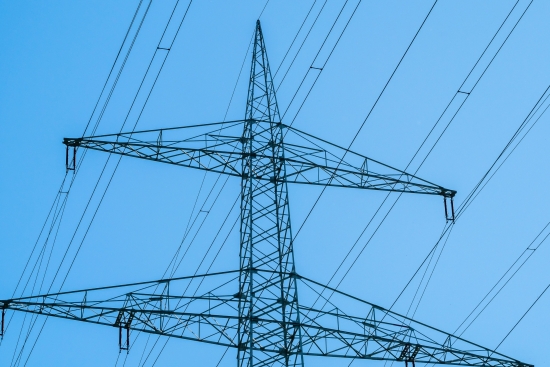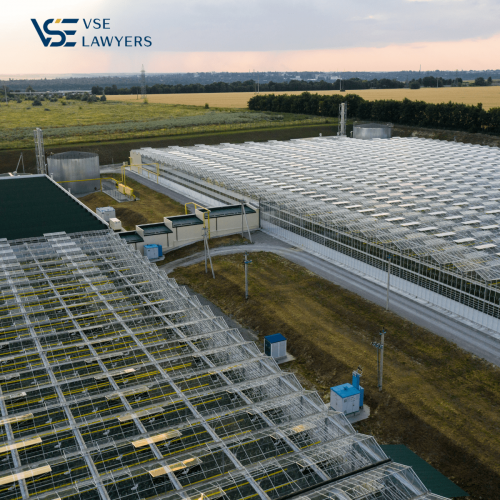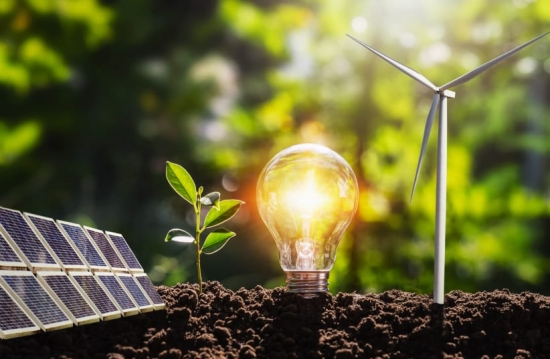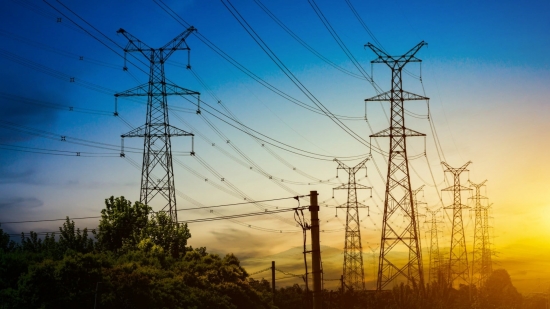MECHANISMS AND LEGAL CORRIDORS OF RENEWABLE ENERGY
The demand for energy increases, renewable energy becomes a global trend to replace fossil energy sources. Legal mechanisms and corridors include international, national and local policies, regulations and organizations to ensure assurance, safety and efficiency for renewable energy-related activities.
26/07/2023

The demand for energy increases, renewable energy becomes a global trend to replace fossil energy sources. Legal mechanisms and corridors include international, national and local policies, regulations and organizations to ensure assurance, safety and efficiency for renewable energy-related activities.
I. What is renewable energy?
Renewables, also known as fully clean energy sources, are the exact opposite of fossil fuels. Renewable energy sources are generated from continuously and almost infinitely formed sources, including sunlight, rain, wind, tides,... Although renewable energy is often seen as a new technology, people have actually used this renewable energy source long before that, such as using sun and wind to dry clothes, taking advantage of wind power to control sailboats, designing skylights to illuminate houses with sunlight, etc ...
II. Mechanisms and legal corridors of renewable energy:
In recent years, the Government of Vietnam has issued many mechanisms, policies and legal documents to encourage the development of renewable energy. Some typical mechanisms and policies can be mentioned as: Resolution No. 55/NQ-CP on "Orientation of Vietnam's National Energy Development Strategy to 2030, vision to 2045"; Resolution No. 26/NQ-CP on "Some urgent solutions to remove difficulties for production and business and ensure social security for people and businesses in the context of the COVID-19 epidemic"; Decision No. 13/2020/QD-TTg on "Mechanism to encourage the development of solar power projects in Vietnam"; Decision No. 39/2018/QD-TTg on "Mechanism to support wind power development in Vietnam".
Thanks to favorable mechanisms, policies and legal corridors, renewable energy has developed strongly in Vietnam in recent years. By the end of 2021, the total installed capacity of renewable energy sources has reached about 20.7 GW, accounting for more than 27% of the total installed capacity of the power system. Vietnam is a regional leader in increasing the capacity of renewable energy sources.
III. Some obstacles need to be removed:
However, in order to develop renewable energy comprehensively and effectively, it is necessary to create a clear and favorable legal corridor for domestic and foreign investors. Currently, some problems still exist and need to be addressed, such as:
- Lack of detailed planning on suitable areas for renewable energy development, especially offshore wind power.
- Lack of financing mechanisms to support renewable energy projects that cost more than traditional power sources.
- Lack of technological solutions to solve the problem of interference and stability of the power system when connected to fluctuating renewable energy sources.
- Lack of professional and experienced human resources in managing, operating and maintaining renewable energy projects.
To overcome the above difficulties, it is necessary to have the active participation of relevant ministries and sectors, continue to improve mechanisms, policies and legal corridors, meet the requirements of national energy security, develop green economy and implement international commitments on climate change.
Some solutions need to be implemented such as: developing the National Electricity Development Plan for the period of 2021-2030, vision to 2050 (Power Plan VIII) with priority on renewable energy development; legislate the development of renewable energy; develop a reasonable and transparent electricity tariff mechanism; develop financing, credit and insurance mechanisms for renewable energy projects; develop mechanisms for technical, technological support and human resource training for renewable energy; develop mechanisms to support administrative procedures and allocate marine areas for renewable energy projects at sea; develop mechanisms to ensure operational safety and economy of the power system when there is a high proportion of renewable energy.
IV. Conclusion
Renewable energy is one of the important solutions for Vietnam to transition energy towards green, clean and sustainable. To achieve this goal, it requires the consensus and support of both the political system, businesses and the community. Only then can renewable energy promote its role in ensuring national energy security, contributing to the socio-economic development of the country.
----------
For more information, please contact:
Hoang Pham (James) / Managing Partner at: hoang.pham@vselawyers.com
© 2023 VSE LAWYERS LIMITED LIABILITY LAW COMPANY – All rights reserved.
Attention: This legal update is not an advice and should not be treated as such.
Subscribe To Legal Advice from VSE Lawyers
If you would like to have any legal questions, please contact us for our advice




